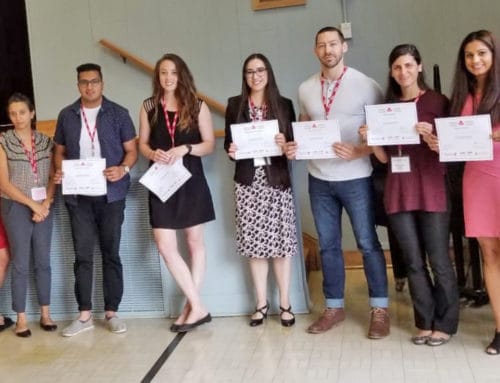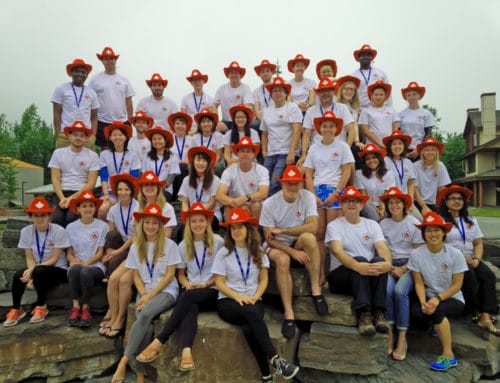Today’s post comes from Melissa Fernandez. Melissa is a registered dietitian with a Masters in nutrition at McGill University. She is currently completing her PhD at Université Laval and is also the Vice Chair of the CON-SNP National Executive. You can find more about Melissa here!
I’ve heard from many students that applying for scholarships is not worth the effort or time. Scholarships are often extremely competitive, and the time spent filling out applications outweighs the chance of winning an award. To the irritation of many, if they do manage to win any money, their supervisors reduce their stipends, faculties take away other awards or government bursaries are transformed into loans. For some, this entire process feels like a lose-lose or win-lose situation, and just ends in frustration. So, what’s a student to do? Here are a few lessons I’ve learned after years of applications.
Lesson 1: There can be a fine line between nothing and too much.
Find out the restrictions of your current scholarships, stipends and bursaries. Will winning a scholarship mean that other sources of income will be deducted? Find out if there are any limits for additional funding and how it affects your current and future financial situation. If you come out even in the end or worse off (yes, it can happen), discuss with your supervisor if scholarship applications are the best use of your time or if they are willing to compensate you in other ways.
Lesson 2: Have the awkward conversation.
It is never easy to talk about money, but it will save you frustration and maybe even resentment down the line. Find out exactly what your supervisor is willing to provide and not provide, and if winning a scholarship means it will just be deducted from your stipend (assuming you have a stipend). I have known many students who have been excited about winning a scholarship, just to see other sources of income disappear in the same amount. Do not be afraid to make requests or negotiate with your supervisor. Find out if your supervisor is willing to top off your scholarship, pay for a conference, special topics summer school or even your tuition.
Lesson 3. Manage your time.
You can easily spend a good portion of every day searching and applying for scholarships. You should evaluate whether the time you spend will be worth the potential reward. Is that time better off spent contributing to a publication or writing your thesis? What is more important than time: money or your CV?
Lesson 4: Not all scholarships are competitive.
Sometimes small very specific scholarships have few or no other applicants. Apply to every opportunity available to you (given you have the time). The more you apply the greater the chances are that you will win something.
Lesson 5: Nothing gained, nothing lost.
Despite the numerous failures and disappointments, I have learned to write great CVs and cover letters that helped me get my first post-graduate degree job. Scholarship applications are often about selling yourself and positioning your knowledge and competencies. Academic applications also help you practice summarizing your research in a clear and concise manner. The application process is a great opportunity to practice these skills, making it easier to promote yourself and your research.
Each year it took a handful of failures to achieve a single small success. Over the last 7 years, I’ve been rejected more times than I can count, but I’ve also experienced some amazing success. My last words of advice: don’t give up!






